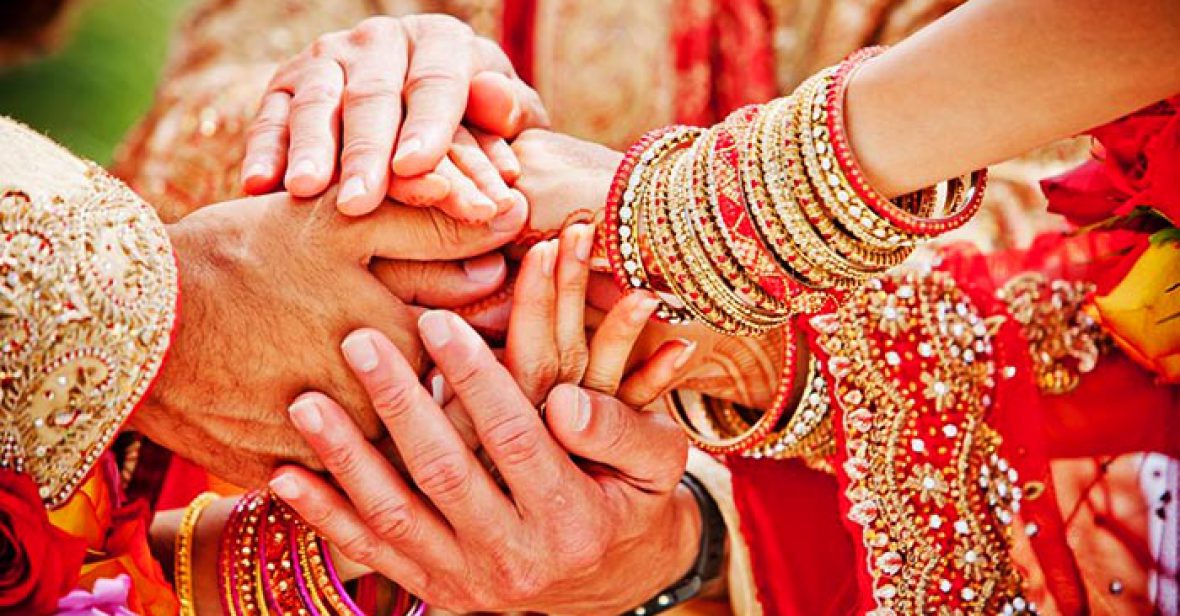Context of Arranged Marriages: Society in India
With close to 1.4 billion people in India, over 90% of the marriages are arranged (India Marriage Statistics ). This largely populated society practices the concept of arranged marriages. With so many arranged marriages taking place, society greatly values this practice.

India: A Collectivist Society
India is a collectivist society. This is because in Indian culture, individuals set aside the welfare of themselves to satisfy their society. This is shown through people in India being born into a certain caste and family status. Instead of forming their own identity, people in India are given the identity their parents want for them (Collectivism in India ). Since in society it is considered socially acceptable to have an arranged marriage, young people do not usually rebel against arranged marriage because it is considered normal to them and they do not know much better. With India being a collectivist society, most young people want to follow standards and expectations of arranged marriage practices to satisfy their society and families.

Society in India: Standards and Expectations of Marriage
In India, an arranged marriage is viewed as an act of love. Divorce is barely ever seen, so when people get married there are many important decisions that need to be made in order to find a suitable spouse. Traditionally, it is frowned upon if a male or female never gets married, but it is also frowned upon if certain standards are not met. There are standards and expectations that are consistent throughout traditional arranged marriages in Indian culture. They are (Society in India) :
- Religion: Someone of one religion should marry someone of the same religion.
- Caste: Someone of an upper caste should always get married to someone of the same level of caste, not of a lower caste.
- Family Status: The status of both families should always be similar. A person with a high-status family should marry another person from a high-status family.
- Profession: The potential male spouse should always have a stable job.
- Education: Two potential spouse should have the same level of education, though it is socially acceptable for the male to have had a higher level of education.
- Appearance: Couples should look good together. Typically, the bride’s skin should be lighter than the groom and the groom should be taller than the bride.
- Age: The male should be older than the female.
- Dowry System: The parents of the male should make an estimate of the expected dowry of the female, and then the parents of the female should arrange the dowry estimated by the male’s parents. If the families do not agree on the dowry then the marriage will not happen.

The categories above show typical aspects that are normal in society to be taken into consideration when choosing a spouse. Each aspect is followed by an explanation, which shows the expectations of why the factor is important to Indian society and how it plays a role in choosing a potential spouse in an arranged marriage. Although the factors taken into consideration by parents are similar to the categories listed above, this is because parents want the best for their children, and it is important to parents for their children to be of a respectable, honorable, and high status in society. Because of this, the social norms listed above are seen very often in Indian society when it comes to arranged marriage.
